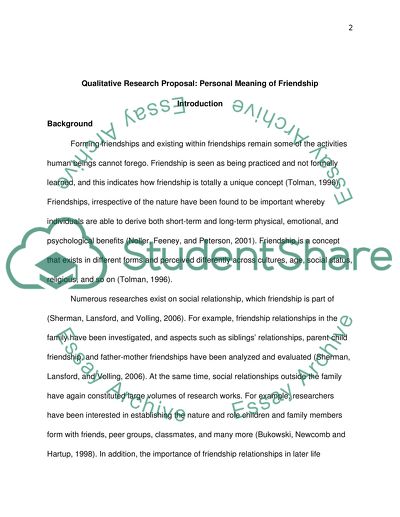Cite this document
(“Personal meaning of friendship Essay Example | Topics and Well Written Essays - 2000 words”, n.d.)
Retrieved from https://studentshare.org/psychology/1441666-personal-meaning-of-friendship
Retrieved from https://studentshare.org/psychology/1441666-personal-meaning-of-friendship
(Personal Meaning of Friendship Essay Example | Topics and Well Written Essays - 2000 Words)
https://studentshare.org/psychology/1441666-personal-meaning-of-friendship.
https://studentshare.org/psychology/1441666-personal-meaning-of-friendship.
“Personal Meaning of Friendship Essay Example | Topics and Well Written Essays - 2000 Words”, n.d. https://studentshare.org/psychology/1441666-personal-meaning-of-friendship.


